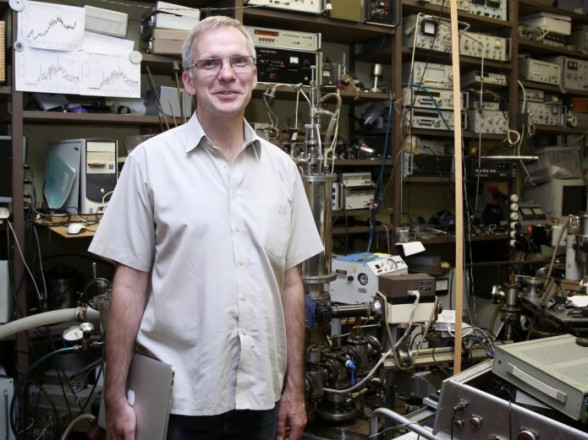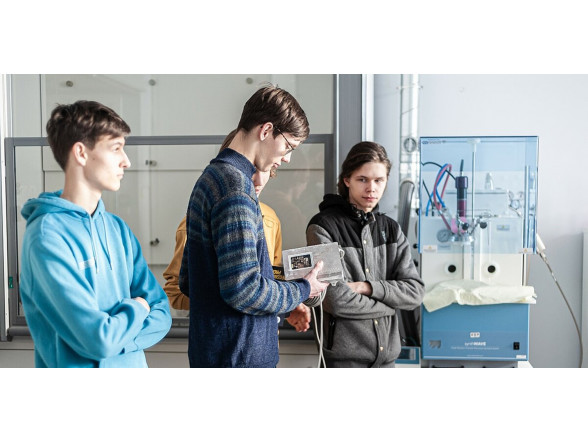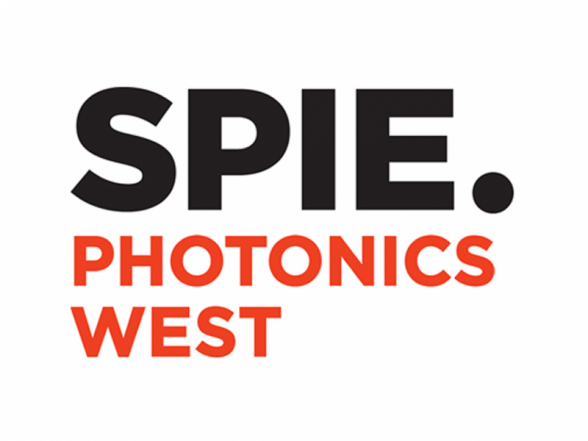On April 20, an e-journal Delfi Campus published an article devoted to photonics and the upcoming conference Deep Tech Atelier dedicated to science-intensive business and innovation that will take place on May 19-20 in Riga.
At first glance, these devices may not seem to have much in common: a pulse oximeter, a CO2 meter, an OLED television, a laser welding machine, and a Mars exploration robot. However, surprisingly, they all use technologies powered by light and its particles - photons.
The leading researcher and the director of the ISSP UL, Dr.phys. Andris Anspoks explains: "Modern life would not be possible without photonics – a science field that studies the generation, movement, capture, and processing of light. Today, it is a dynamic and promising field of research that can be found virtually anywhere, including medicine, precision surgery, telecommunications, industry, space exploration, and computer technologies.”
The researcher reveals that the attractiveness of using light particles (photons) lies in their speed and interference immunity. Processes involving photons are faster and can perform virtually the same operations that modern electronic devices perform with electrons. This makes photonics very attractive to new entrepreneurs who want to commercialize scientific discoveries. Especially because photonics and optics in Latvia have a decades-long tradition which has materialized in the world-renowned companies like LightGuide Optics, Groglass, CeramOptec, Baltic Scientific Instruments, LightPath Technologies, Light Space Technologies, etc. It indicates that an ecosystem has developed in Latvia, in which both scientists and entrepreneurs successfully cooperate.
However, it is wrong to think that photoelectric devices will completely replace electronics. A striking example is a smartphone we use every day. Like the displays of many other devices, the screen and the camera are powered by photons, while electrons power the phone’s brain or processor.
Andris Anspoks thinks that, on the contrary, in the future, we will see an even closer interaction between technologies based on photonics and micro/nanoelectronics. It is no coincidence that these two areas, alongside artificial intelligence and intelligent materials, have been highlighted as one of the six key technologies needed to carry out the European Union’s Green and Digital Transformation.
Deep Tech Atelier is a conference and workshops that gather several hundred participants every year. Currently, Deep Tech Atelier is the largest event in the Baltics dedicated to developing a science-intensive ecosystem and industry. Each year, after the Deep Tech Atelier conference, teams consisting of scientists and entrepreneurs initiate mutual collaboration. In cooperation with the Commercialization Reactor, these teams are later transformed into start-ups.
Delfi Campus is an e-journal in Latvian for everyone fascinated and captivated by the world of science - students, teachers, and parents.
The full article in Latvian is available here.



